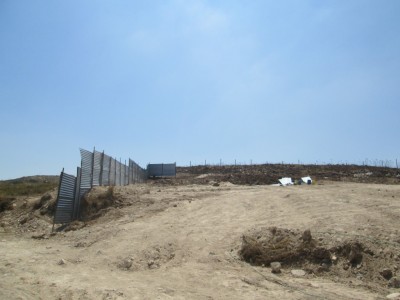Tag: Asira al-Qibliya
-
Attacks on Asira: Occupation stealing childhoods
19th August 2013 | International Solidarity Movement, Nablus Team | Asira al Qibliya, Occupied Palestine In the evenings of the 15th and 16th of August, the village of Asira al Qibliya was raided by Israeli occupation forces, who fired teargas canisters and sound bombs throughout the village. Residents of Asira are concerned for the children…
-
Settler harassment continues in Asira’s Water reservoir project
4th August 2013 | International Solidarity Movement, Nablus Team | Asira al Qibliya , Occupied Palestine This week, settlers from Yitzhar attacked the Asira village water project and its workers, once again. Israeli occupation forces who went to the scene did not to stop the settlers and instead occupied the roof of a Palestinian house…
-
UPDATED: Illegal settler colonisers attack workers in Asira
17th June 2013 | International Women’s Peace Service | Asira al Qibliya , Occupied Palestine UPDATE 19th June: Settlers from the illegal settlement of Yizhar again attacked the water reservoir project in Asira. At 4pm on the 19th of June fifty settlers, accompanied by over thirty Israeli soldiers trespassed onto village land and attacked locals…

